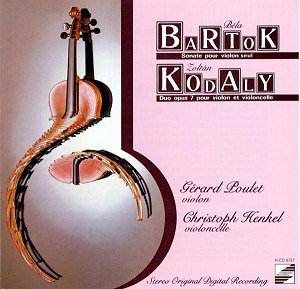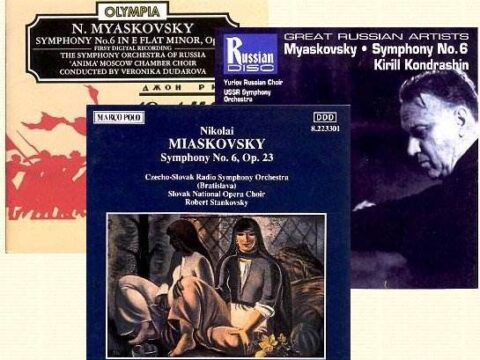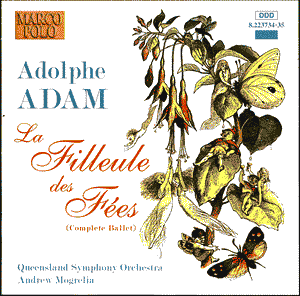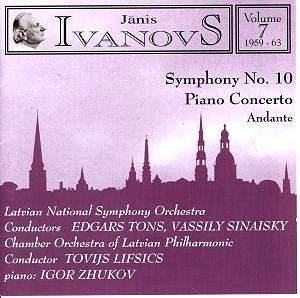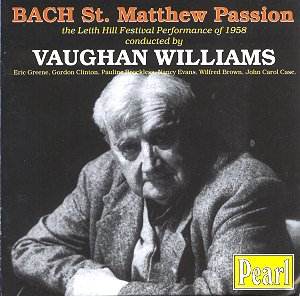 Composer: Johann Sebastian Bach
Composer: Johann Sebastian Bach
Works: St Matthew Passion
Performers: Eric Greene (tenor, Evangelist), Gordon Clinton (bass-baritone, Jesus), Pauline Brockless (soprano), Nancy Evans (mezzo-soprano), Wilfred Brown (tenor), John Carol Case (bass-baritone), Eric Gritton (piano continuo), William Cole (organ continuo), Leith Hill Musical Festival Chorus and Orchestra, David Martin and Vera Kantrovitch (leaders), Ralph Vaughan Williams (conductor)
Recording: Dorking Halls, 5 March 1958
Label: PEARL GEMS 0079 [2 CDs 151’14]
Bach’s “St Matthew Passion” stands as a monumental work within the choral-orchestral repertoire, embodying the essence of Baroque spirituality and dramatic narrative. This recording, conducted by Ralph Vaughan Williams just months before his death, captures an impactful performance from the Leith Hill Musical Festival, an event he had spearheaded since 1931. The historical context of this recording is significant; it not only preserves the legacy of Vaughan Williams but also reflects a performance practice steeped in mid-20th-century English choral traditions, presenting Bach’s work through a distinctly British lens.
The interpretative choices made by Vaughan Williams are both illuminating and challenging. His decision to cut a dozen numbers, including four arias, is justified in the accompanying booklet notes by Jerrold Northrop Moore, where Vaughan Williams articulates a philosophy of “mechanical completeness” over a more organic approach. This pragmatic decision, while perhaps limiting the work’s full scope, results in a performance that feels focused and concentrated. The English translation of the text, while somewhat unconventional, serves to make the narrative more accessible to the audience, enriching the emotional engagement with the work.
The performance itself unfolds with a formidable choral presence. The Leith Hill Musical Festival Chorus, with its robust and fervent singing, employs a slow tempo that imbues the music with gravity. Rallentandos and accelerandos are not merely stylistic flourishes but serve to heighten dramatic moments, such as the arresting “Erbarme dich,” where the intertwining of voice and violin creates a palpable tension. This approach, however, does risk a perception of ponderousness; yet, Vaughan Williams’s insight ensures that the overall interpretation remains fluid and responsive to the text’s emotional arc.
Recording quality, a crucial aspect of any archival effort, is competent but not without its challenges. Captured in the relatively austere Dorking Halls, the acoustic does not provide the warmth one might expect from a modern studio setting. Soloists like Eric Greene, while technically proficient and expressive, struggle against the dry soundscape. His Evangelist role is marked by textual accuracy and dramatic instinct, though his voice shows signs of strain, particularly in the higher registers. Wilfred Brown shines in his arias with a nuanced expressiveness, particularly in “O grief! that bows,” where his phrasing dances elegantly with the oboe’s melancholic line. The choir’s precision in enunciation enhances the text’s clarity, contributing significantly to the performance’s dramatic weight.
Vaughan Williams’s conducting, while at times imprecise, is imbued with a deep understanding of the score’s emotional and spiritual dimensions. The interplay between the chorus and the soloists reveals a profound dialogic quality, echoing the narrative’s dramatic tension. This is especially evident in the Last Supper scene, where the audience is invited to stand, a gesture that reinforces the participatory nature of the performance.
This recording emerges as a remarkable document of both Bach’s monumental work and the interpretative vision of Vaughan Williams. It encapsulates a specific moment in time, merging historical performance practice with an emotional depth that transcends its limitations. The result is a compelling and heartfelt rendition of the “St Matthew Passion” that resonates with both the struggles and the triumphs of the human spirit. A strong recommendation for those seeking to explore the intersections of tradition and innovation in choral performance.
